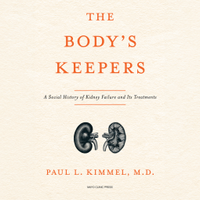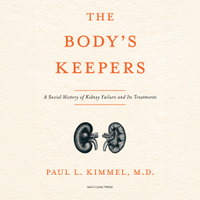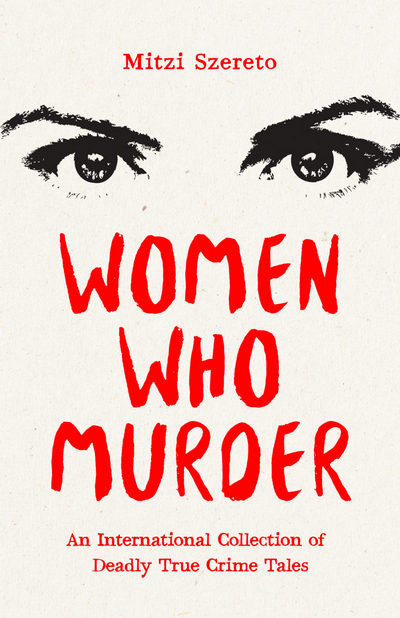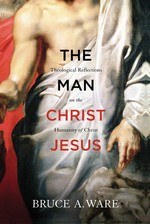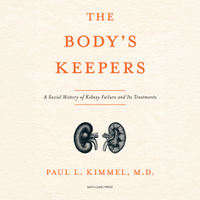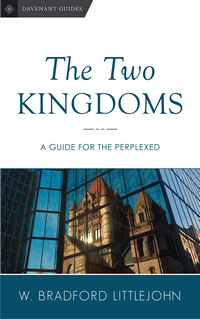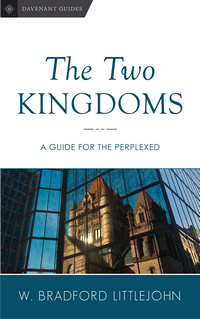by Kevin P. Emmert
DETAILS:
Publisher: Crossway
Publication Date: November 7, 2023
Format: Paperback
Length: 213
Read Date: January 21-February 11, 2024


Every now and then I come across a book that leaves me as close to speechless as I get when it comes to time to blog about it—I just can’t express things concisely about a book. Give me a couple of weeks to write and about 20-30 pages, and I might get somewhere. Although, that somewhere is pretty much just going to be an extended abstract of the book.
I think in the past, I’ve talked about wanting to just post the back-of-the-book blurb, say “GO READ IT,” and call it a day.
Obviously, this is one of those books (or it’d be mighty insulting to start the post this way). I’m not going to allow myself to do the extended abstract, and I’m going to try to say a little more than the second option. But that’s pretty attractive. And frankly, if you get into my first section and I’m not being clear enough for you, just click on one of the links above to read the description and then GO READ IT.
Let’s see if I can do a little better than that, eh?
If our morality and sense of identity—which mutually reinforce one another—are shaped so profoundly by aesthetics, then Christians need to not just participate more frequently in the sacraments but also reflect more deeply on their nature, meaning, and power. When rightly understood, rightly administered, and received with faith, baptism and Communion have the power to shape our self-understanding and moral vision. This is because they connect us to the greatest and most powerful story of all time—the gospel of Jesus Christ. Moreover, the sacraments exhibit the historic church’s core beliefs and practices in an attractive and appealing, though certainly ordinary, manner. In baptism and Communion, we find a direct connection between beauty, orthodoxy, and orthopraxy that catechizes the people of God with a greater understanding of the gospel and how they fit into that larger reality as persons in Christ.
What’s The Water and the Blood About?
This is a confessional and theological look at the sacraments and their role in teaching Christians about Christ and forming their character and lives in Him. Unlike almost every book I’ve ever read about the Sacraments (either considered individually or together), there’s no polemics, no debate, nothing along those lines. It’s just careful encouragement, instruction, and guidance.
The book starts by talking about the dependence of the Sacraments on the Word, then moves to a look at the nature of the Sacraments and how they function generally to form Christians. The next two chapters look at each Sacrament specifically—what they tell us about those “who have been immersed into Christ and who commune with Him.” The last two chapters apply all this, how the Sacraments form and inform Christian morality and then how they equip and guide believers into the work of ministry in a variety of settings.
In-Christ Persons
At the core of the statement that the Christian’s identity is in Christ is the biblical truth that our very existence as Christians is constituted in and determined by the living, active, and present Christ. The Christian self is a self in Christ. Put differently, being in Christ is our primary identity as Christians.
From the beginning, Emmert’s clear that his book isn’t just about the Sacraments shaping Christian Identity, it’s about Union with Christ. The Sacraments are an important and essential part of reinforcing that unity, in causing us to meditate on it, in shaping us more and more into the image of Christ—and are effectual and beneficial to us only because of this union (as is the case with all blessings enjoyed by Christians).
To help emphasize that union, Emmert frequently refers to believers as “in-Christ persons.” This is both a nice phrase and a reminder that this is the core, the source of all our benefits—it’s our primary identity. This was the core of John Calvin’s teaching (no matter what you might have heard), drawing on the work of theologians and teachers before him, and is his major contribution to those that follow. Emmert is standing on Calvin’s shoulders here, and the book is better for it.
From that Union, he can then proceed to consider the sacraments.
As visible and tangible confirmations of God’s work in Christ, the sacraments therefore give flesh and bones to the statement that the Christian’s identity is in Christ… Stated differently, baptism and Communion are identity-forming rituals that teach us in touchable and accessible ways what it means to be persons in Christ.
Broadly Protestant
Anytime you see a book citing The Three Forms of Unity, The Thirty-nine Articles of Anglicanism, the Westminster Standards, and the London Baptist Confession of 1689 (and other confessional statements) in a way that those statements support each other—and not to show weaknesses with the latter—you know you’re looking at something of a unicorn in theological books. This is one of the emphases of this book, however. Emmert says in the preface that he’s not interested (in this book) in polemics about proper administration, proper recipients, etc., but about what the sacraments mean in the lives and identity of those in-Christ.
But it’s not just about being Protestant—Emmert’s also looking at what Christians have said since the beginning about these ideas, showing that Protestantism stands in the same continuity as the Early Church and beyond.
So, what did I think about The Water and the Blood?
I was going to quote a passage from the Conclusion to start this section of the post, but I couldn’t pick a portion that satisfied me—it was either all four pages or nothing. So I opted for nothing. But it’s that kind of a book—you can’t just quote a little bit, you want to keep going. Incidentally, all the quotations above are from the Introduction. If I let myself cite from particular chapters…well, see what I said in the opening paragraph.
It sort of feels like I’ve been waiting for decades for someone to write this book—I don’t know that Emmert breaks a lot of new ground here—in fact, he probably hopes he doesn’t. But I think the way he combines statements and positions from a variety of Protestant Confessions and traditions and weaves them together is fantastic. He excels at reminding us of what we all agree on, and what (to be true to our own tradition) we should be saying/thinking/teaching about the Sacraments and our Identity in Christ.
Particularly in the last century and a half (give or take), American Protestants have shied away from talking about Baptism and The Lord’s Supper as anything but rites and rituals—things that talk about our faith and remembering events from Redemptive History. But that’s largely due to anti-supernaturalism, the impact of the (so-called) Second Great Awakening, and a fear of looking/sounding like Roman Catholicism or Eastern Orthodoxy.* This is a deviation from historic Protestantism, and we need to recover the language and points of view of our predecessors. Not because we like history and want to be consistent with that history—but because the early Protestants held to these things because they’re Biblical, and Christians have been speaking in these/similar ways since the First Century.
* That’s awfully reductionistic, and not as nuanced and detailed—or extensive—as it should be. I’m aware of that, I’m also not writing a detailed work on the idea here, so that’s as good as you’re going to get.
Emmert has done us all a service in reminding us of this heritage, calling us to dust off our understanding of it, and to start acting in line of it. Even better is the way that he ties in our identity in Christ—the doctrine of Union with Christ—and how the sacraments shape us into better living out that identity.
A few weeks ago, a few of us were supposed to skim this for a chat about the book as kind of an overview before we dove in. I could not skim it. I just couldn’t, because I wasn’t even halfway through the ten-page introduction before I could tell that this was one of those books I had to marinate in, skimming was not an option.
The book is geared to scholars, preachers, and leaders—theoretically, at least. But this isn’t a message just for them—it’s for everyone in the Church and should be read that way. Sure, leaders and teachers will be able to do more with it, than the rest of us—but that’s true of every theologically-inclined book. Laity shouldn’t feel like this isn’t a book for us.
In case I haven’t been clear so far The Water and the Blood is one of the more helpful and educational books I’ve read in ages. I strongly recommend it to you.

This post contains an affiliate link. If you purchase from it, I will get a small commission at no additional cost to you. As always, the opinions expressed are my own.

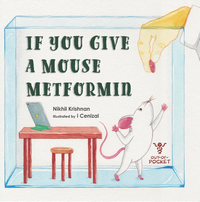 If You Give A Mouse Metformin
If You Give A Mouse Metformin

![]()







